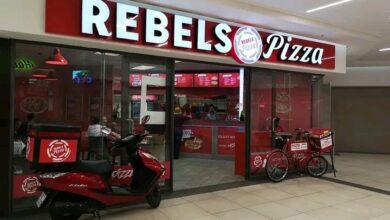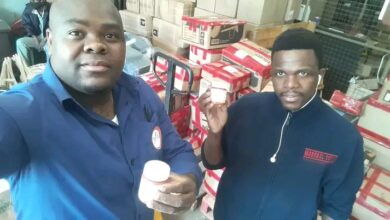How to start a Liquor store in South Africa

Starting a liquor store can be a lucrative venture in South Africa, considering the country’s thriving alcohol market. However, establishing a successful liquor store requires careful planning, adherence to legal regulations, and a keen understanding of the industry. This article aims to provide a comprehensive guide on how to start a liquor store in South Africa.
- Market Research: Before venturing into any business, conducting thorough market research is essential. Analyze the local demand for liquor in the area where you plan to establish your store. Consider factors such as population demographics, income levels, and consumer preferences. Identify your target market, potential competitors, and opportunities for growth.
- Business Plan: Develop a well-structured business plan that outlines your objectives, target market, marketing strategies, financial projections, and operational details. This plan will serve as a roadmap for your liquor store and will be vital when seeking funding or approaching investors.
- Location and Premises: Choose a strategic location for your liquor store. Look for areas with high foot traffic, easy accessibility, and proximity to residential areas or other establishments that attract potential customers. Ensure that your chosen premises comply with local zoning and licensing requirements for operating a liquor store.
- Licenses and Permits: Obtain the necessary licenses and permits to operate a liquor store in South Africa. The most crucial license is the Liquor License, which is issued by the provincial Liquor Board. Consult with an attorney or licensing consultant to navigate the complex legal procedures involved in obtaining this license. Additionally, register your business with the Companies and Intellectual Property Commission (CIPC) and acquire the necessary tax registrations.
- Suppliers and Inventory Management: Establish relationships with reliable liquor suppliers and distributors. South Africa has a diverse range of local and international alcohol brands. Negotiate favorable pricing and credit terms with suppliers to ensure competitive pricing and a steady supply of inventory. Implement effective inventory management systems to track stock levels, minimize wastage, and meet customer demand efficiently.
- Store Layout and Design: Create an inviting and well-organized store layout. Consider factors such as product placement, shelving, and signage to enhance customer experience and promote sales. Allocate sufficient space for storage, checkout counters, and aisles to ensure smooth operations. Invest in attractive displays and lighting to showcase your product range effectively.
- Staffing and Training: Hire competent and trustworthy staff members who possess good product knowledge and exceptional customer service skills. Train your employees on responsible alcohol sales practices, product knowledge, customer engagement, and efficient store operations. Emphasize compliance with legal requirements, age verification processes, and the responsible service of alcohol.
- Marketing and Promotion: Develop a marketing strategy to create awareness and attract customers to your liquor store. Utilize a mix of traditional advertising methods, such as print media and radio, as well as modern digital marketing channels, including social media, email marketing, and a website. Consider hosting promotional events, offering loyalty programs, and collaborating with local businesses to increase brand visibility.
- Compliance and Regulations: Ensure strict compliance with all legal requirements and regulations governing the sale of alcohol. Familiarize yourself with the South African Liquor Act and keep updated on any amendments or changes. Adhere to age verification protocols, responsible service guidelines, and other regulations aimed at curbing alcohol-related harm.
- Customer Experience and Engagement: Focus on delivering exceptional customer service to create a loyal customer base. Train your staff to provide personalized recommendations, respond to customer queries, and maintain a clean and welcoming environment. Consider hosting tasting events, offering loyalty rewards, and implementing customer feedback mechanisms to continuously improve the customer experience.
Starting a liquor store in South Africa requires careful planning, legal compliance, and a strong understanding of the market. By conducting thorough research, obtaining the necessary licenses, creating an appealing store environment, and implementing effective marketing strategies, you can position your liquor store for success in this thriving industry. Remember to prioritize responsible alcohol sales practices and continually adapt to changing consumer preferences and market trends.




